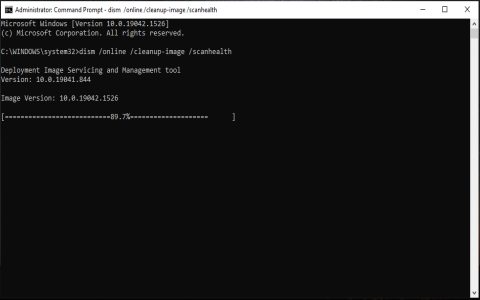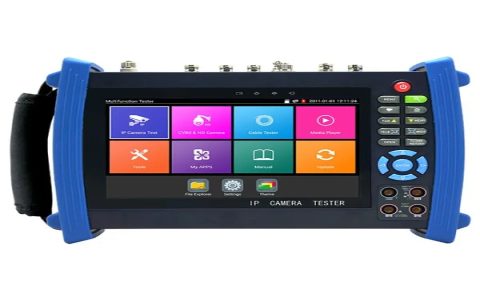The primary reason files are often found in CHD (Compressed Hunks of Data) format instead of ISO is compression and enhanced functionality for specific use cases, particularly in emulation and digital archiving.
Key Differences and Advantages of CHD
ISO files are essentially raw, uncompressed, sector-by-sector images of optical discs (CD, DVD, Blu-ray). They are a direct digital replica of the disc's content.
CHD files offer significant advantages over ISOs in many contexts:

- Lossless Compression: This is the main driver. CHD files employ lossless compression algorithms (like zlib, LZMA, FLAC for audio tracks) to significantly reduce file size compared to an equivalent ISO. This saves considerable storage space without any loss of data integrity. An ISO for a CD game might be 700MB, while its CHD equivalent could be 300-500MB or even less, depending on the content.
- Unified File Structure: CHD can encapsulate an entire disc, including multiple data tracks, CD-DA (Compact Disc Digital Audio) audio tracks, and metadata, all within a single file. ISOs, especially for mixed-mode or multi-track discs (like many PlayStation or Sega Saturn games), often require accompanying files (e.g., .cue, .ccd, .sub) to describe the track layout and manage audio. CHD simplifies file management by containing everything in one package.
- Optimized for Emulation: The CHD format was originally developed for MAME (Multiple Arcade Machine Emulator) and is designed for efficient random access to data within the compressed archive. This is beneficial for emulators that need to quickly read different parts of a disc image during gameplay.
- Data Integrity: CHD files often include internal checksums (e.g., SHA1) for each "hunk" (block of data) and for the overall file. This allows for easy verification of the image's integrity, ensuring it hasn't been corrupted.
In summary, CHD is preferred over ISO when:
- Storage space is a concern.
- Simpler file management for multi-track or complex discs is desired.
- The files are intended for use in emulators that support the format.
While ISO remains a standard for basic disc imaging, CHD provides a more efficient and often more robust solution for archiving and emulating optical disc media.









